
The top 6 skincare ingredients to avoid during cancer treatment
Skin changes in cancer: Why does it happen?
Noticing changes in your skin during chemotherapy or cancer treatment? You're not alone. Skin issues like dryness, rashes, and peeling are common side effects of cancer therapies. This guide explains why these reactions happen and how to protect your skin with cancer-friendly skincare.
A chemo skincare set, designed to hydrate, calm and protect skin during cancer treatment. Dermatologist-recommended, fragrance-free, and tested by cancer patients and survivors.

Why Does Chemotherapy Affect Your Skin?
The key reason lies in how cancer treatments work. Chemotherapy, radiation, targeted therapies, and even some immunotherapies are designed to attack rapidly cells - a hallmark of cancer. Unfortunately, there treatments can't always differentiate between cancerous cells and healthy fast-growing cells. As a result, they may unintentionally damage other rapidly renewing tissues in the body. These tissues include your hair follicles, the lining of your mouth and digestive tract, and, crucially, your skin.
Your skin regenerates constantly. New skin cells are produced in the bottom layer and move up to the surface, replacing old cells that shed away. Because of this constant renewal, skin cells are considered 'fast-growing', which means they often get caught in the crossfire during cancer treatment. This can lead to a wide range of skin issues, including dryness, rashes, itching, sensitivity, peeling, or even acne-like breakouts.
Radiation therapy can also cause localised skin reactions known as radiation dermatitis. These reactions may present as redness, soreness, or even blistering in the area being treated. Meanwhile, certain targeted therapies and immunotherapies can trigger immune responses in the skin, causing inflammation or other types of reasctions.
While these changes can be comfortable or distressing, the good news is that many skin side effects are temporary and manageable. With the right skincare routine and support from your oncology team, you can often prevent mild issues from becoming more serious and maintain as much comfort and confidence as possible throughout your treatment.
If you need more guidance on how to care for your skin during treatment, we've included a dedicated skincare section in our Chemo Side Effect Guidebook.

Cancer Treatments That Can Cause Skin Reactions
- Radiation therapy
- Chemotherapy
- Targeted therapy
- Immunotherapy
- Photodynamic therapy
What products should cancer patients avoid?
If you’ve experienced any skin changes, you may have noticed that your usual skincare products aren’t working—or may even be making things worse. This is because some ingredients can cause side effects on sensitive skin, especially in products packed with hundreds of ingredients, many of which aren’t natural.
1. Fragrance
Many skincare products contain fragrance to mask less-pleasant scents that some ingredients have. Some fragrances are mixtures of both natural and chemical ingredients and if a product is heavily scented, it could contain harsh chemicals that aren’t clearly disclosed. Fragrance-free usually means that no additional scents were added to the product, while unscented means that an ingredient was added to mask the smell of the product. But even if an added fragrance is natural, it can anger sensitive skin.
2. Essential Oils
Certain essential oils, like those in bergamot, are transformed into chemicals and enzymes when exposed to sunlight, which can induce a photo-allergic response. Photosensitivity is when the skin becomes more sensitive and more prone to burns from any type of light. Certain chemotherapy drugs and radiation therapy treatments can cause photosensitivity. Other medications that can cause photosensitivity are certain antibiotics, some medications to control nausea and vomiting, and non-steroidal anti-inflammatory drugs.
3. Alcohol
Many toners and creams have alcohol, which delivers a quick-dry finish, but might also sap your skin’s moisture levels, leading to irritation and itchy, uncomfortable skin.
4. Chemical Suncream
There are two types of sunscreen: mineral and chemical. Mineral (Physical) sunscreens have two active ingredients, which work by physically blocking UV rays. Chemical sunscreens contain a variety of chemicals, which absorb UV light and release it as heat after a chemical reaction takes place. Chemical sunscreens have many more active ingredients than mineral versions, which makes the likelihood of irritating sensitive skin higher.
5. Parabens and sodium lauryl sulphate
These ingredients can irritate the skin and cause dryness. Opt for sulphate-free formulas, especially when choosing a cleanser, and choose one that contains high amounts of moisturising ingredients like glycerin and hyaluronic acid instead.
6. STOP EXFOLIATING
Exfoliating products remove skin build-up of dead cells and that process doesn’t happen when you’re going through a cancer treatment. So skip the scrubs, AHAs, and glycolic acid.
CLICK HERE to explore our Skincare Bundle Set – dermatologist-recommended and specially curated for cancer patients.
Check out our other blogs for more information - Skincare during Cancer Treatment

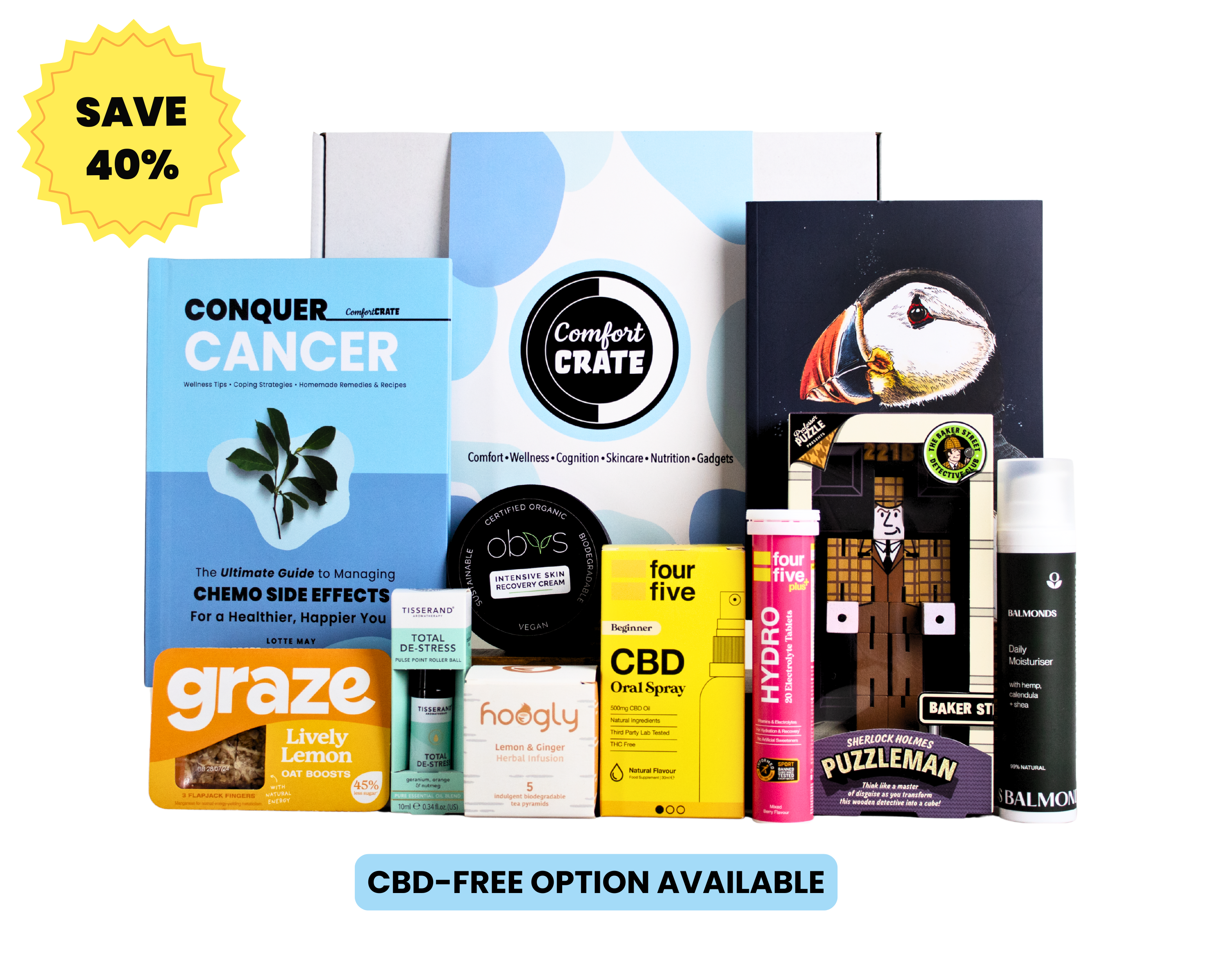
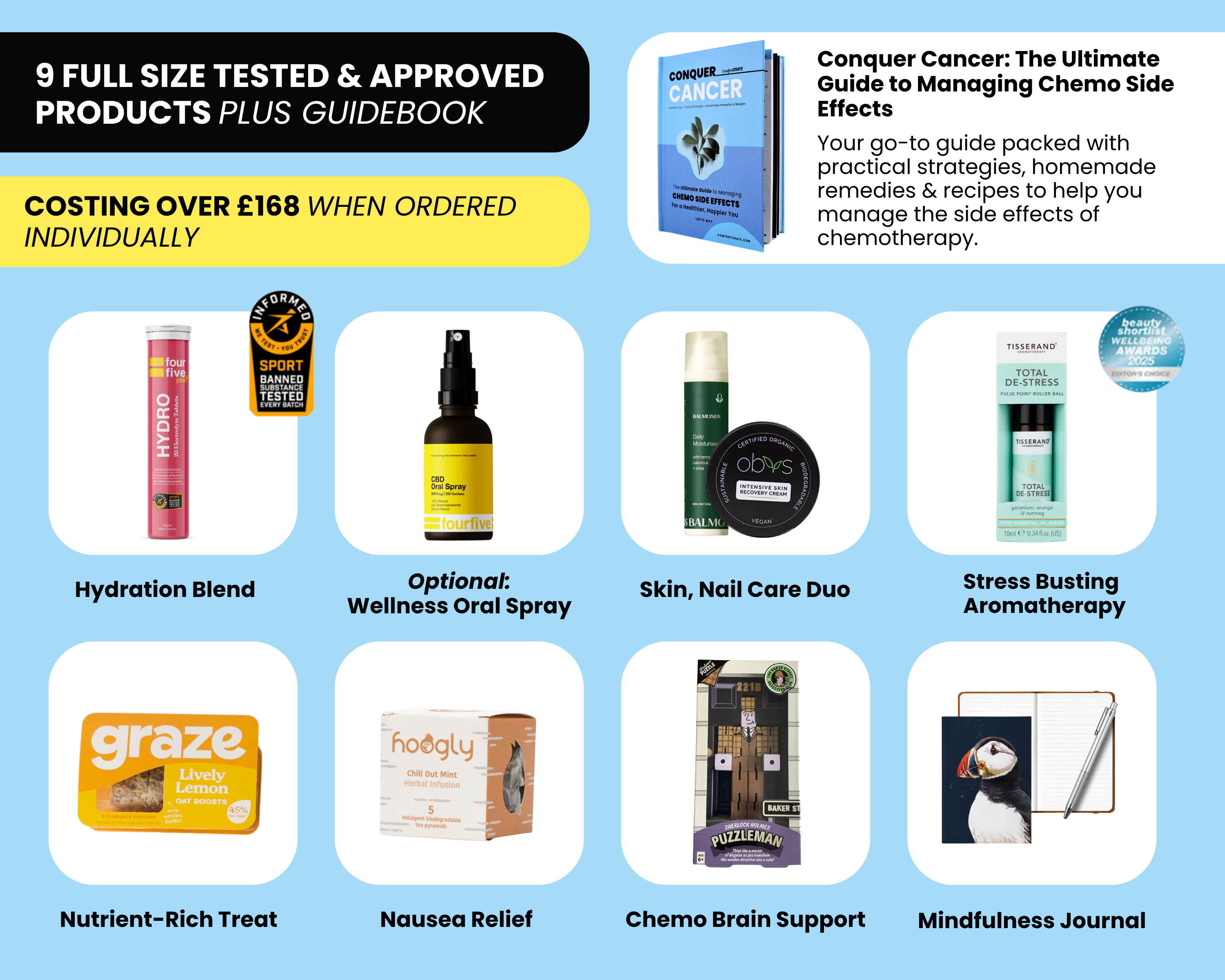
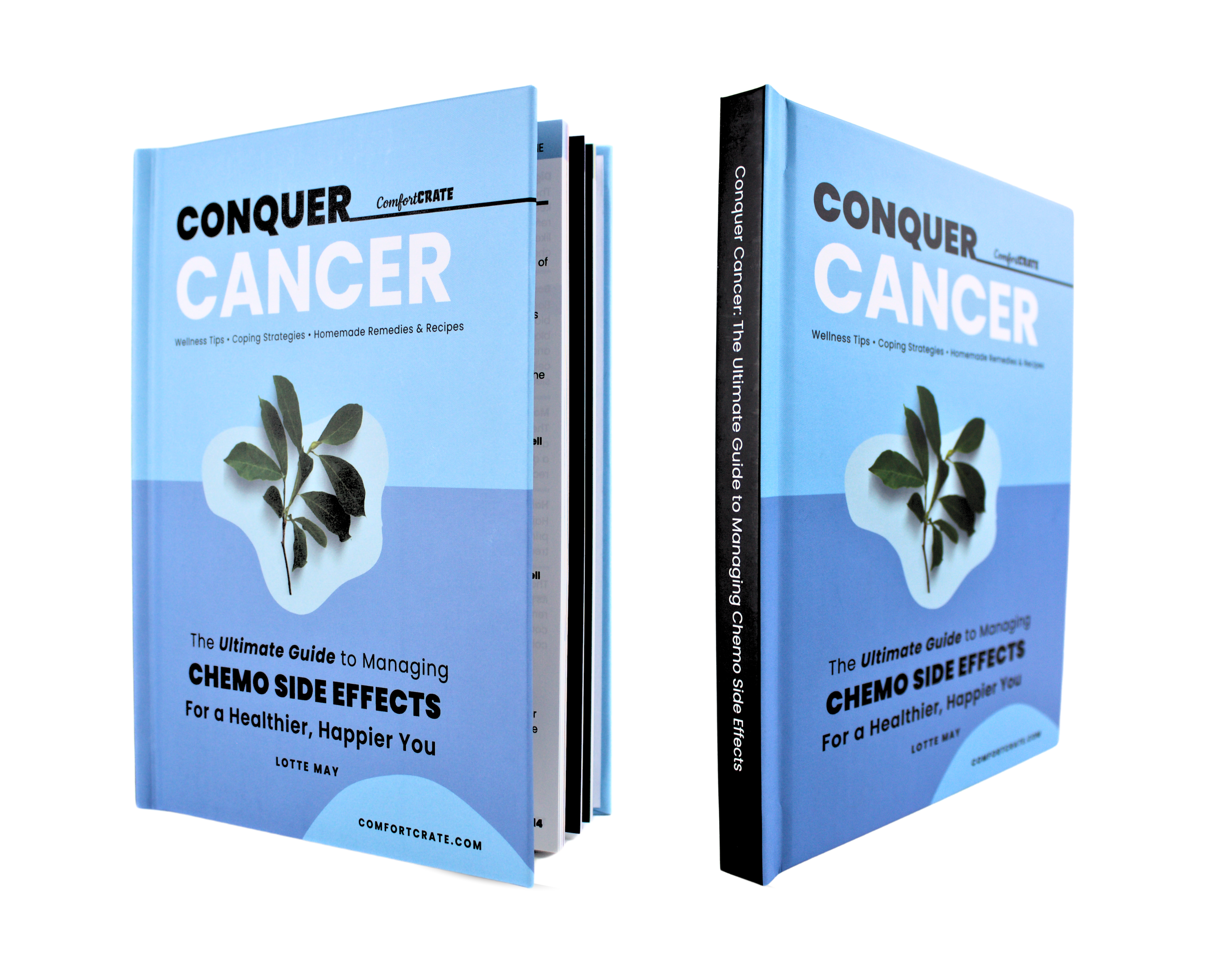
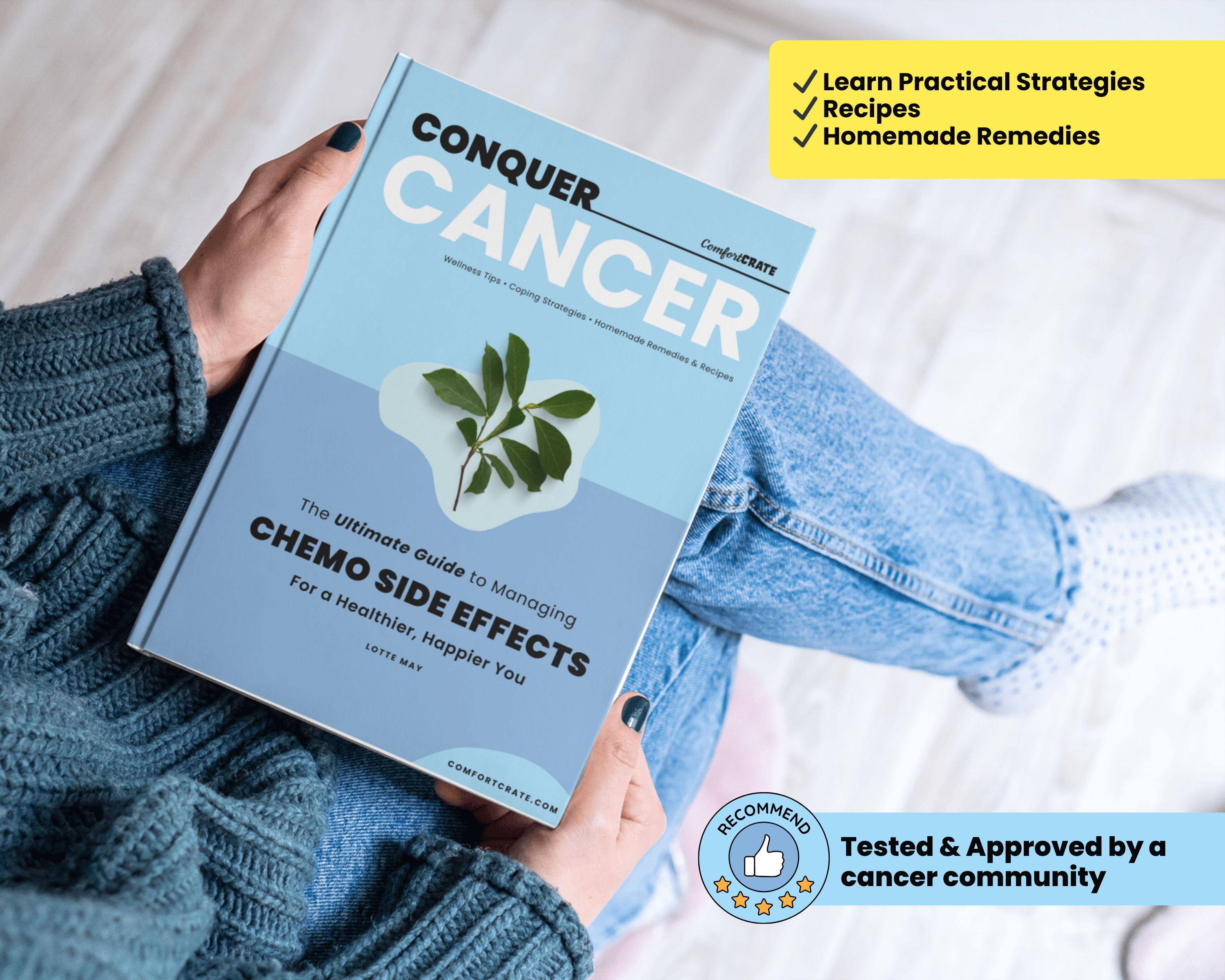
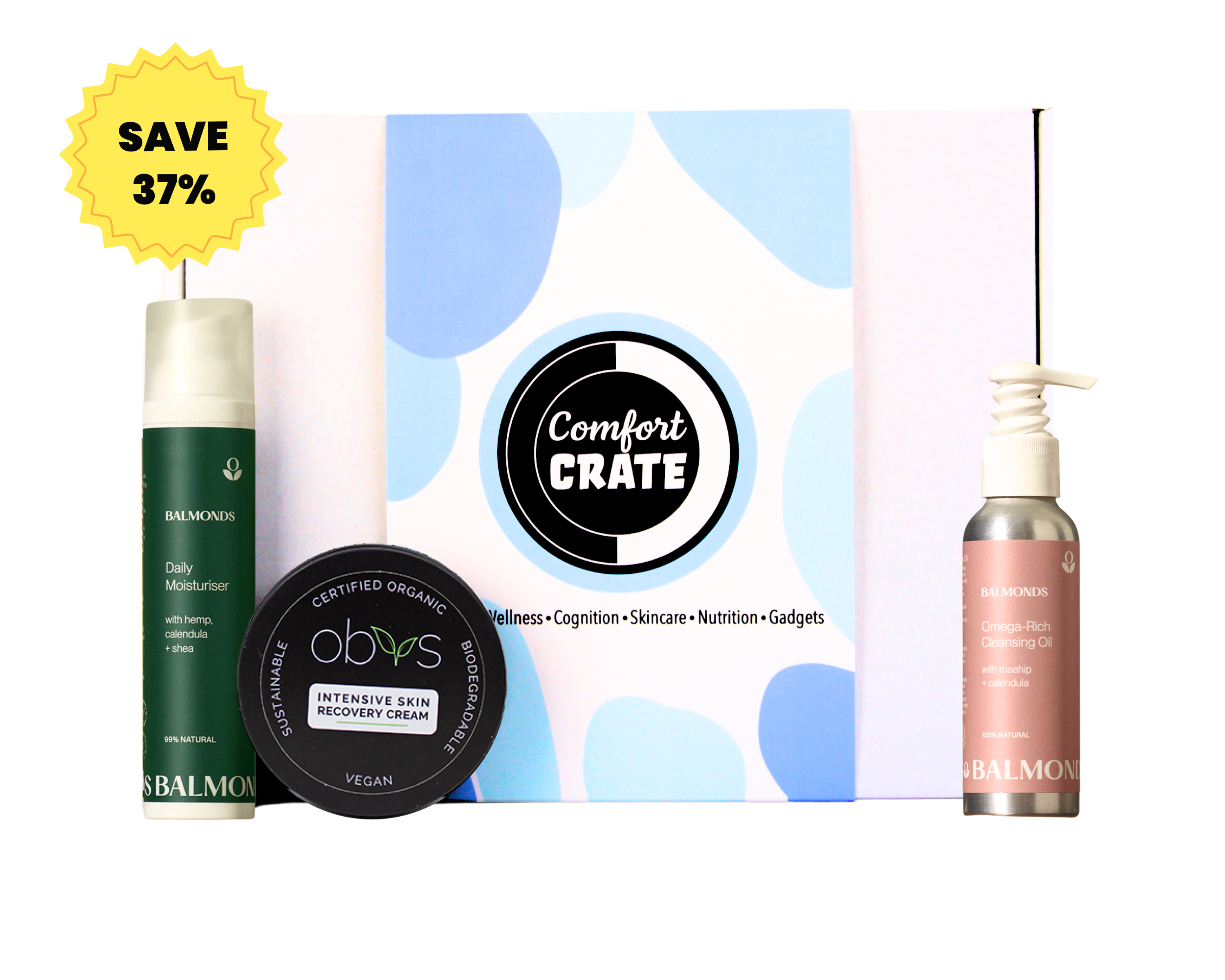
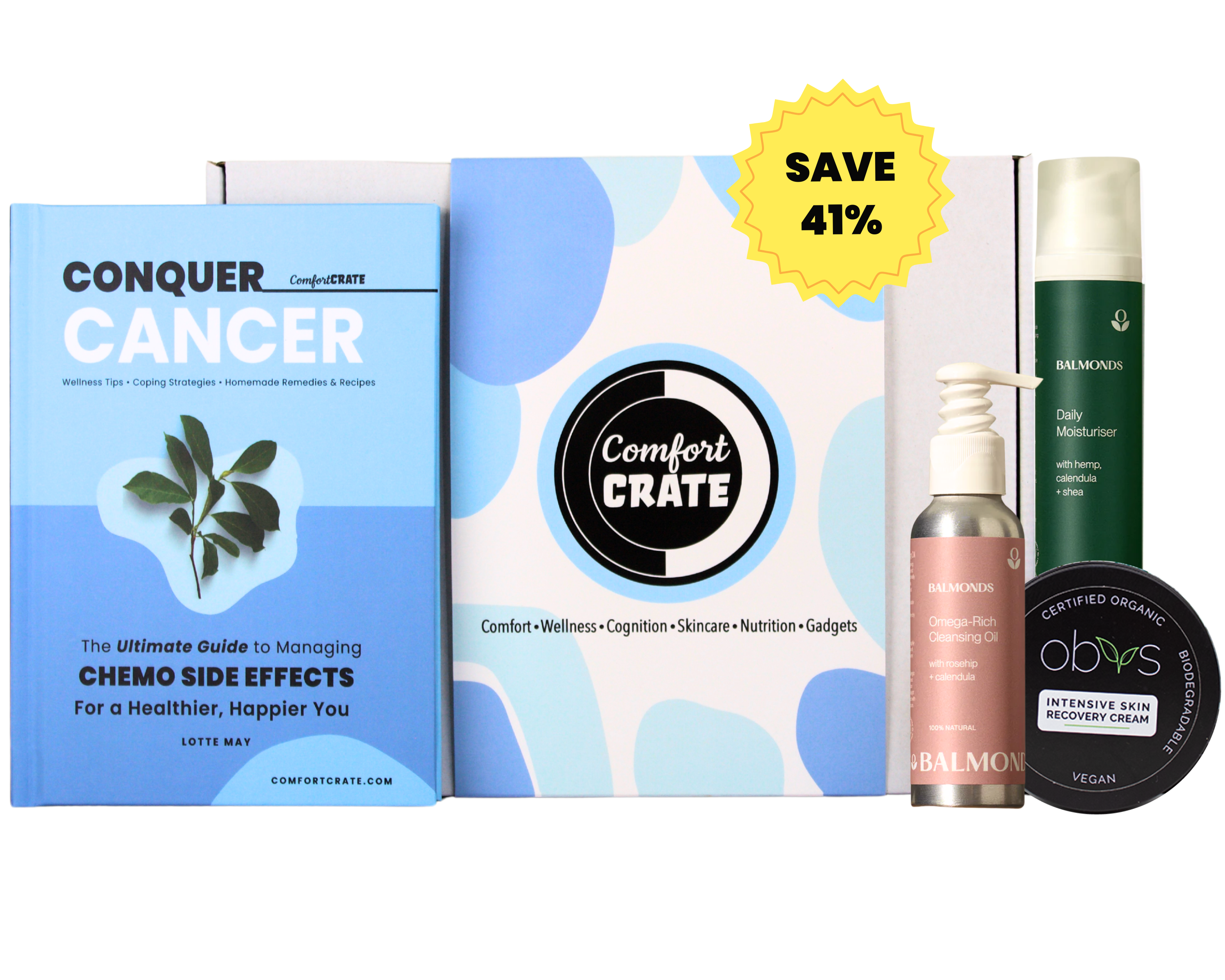
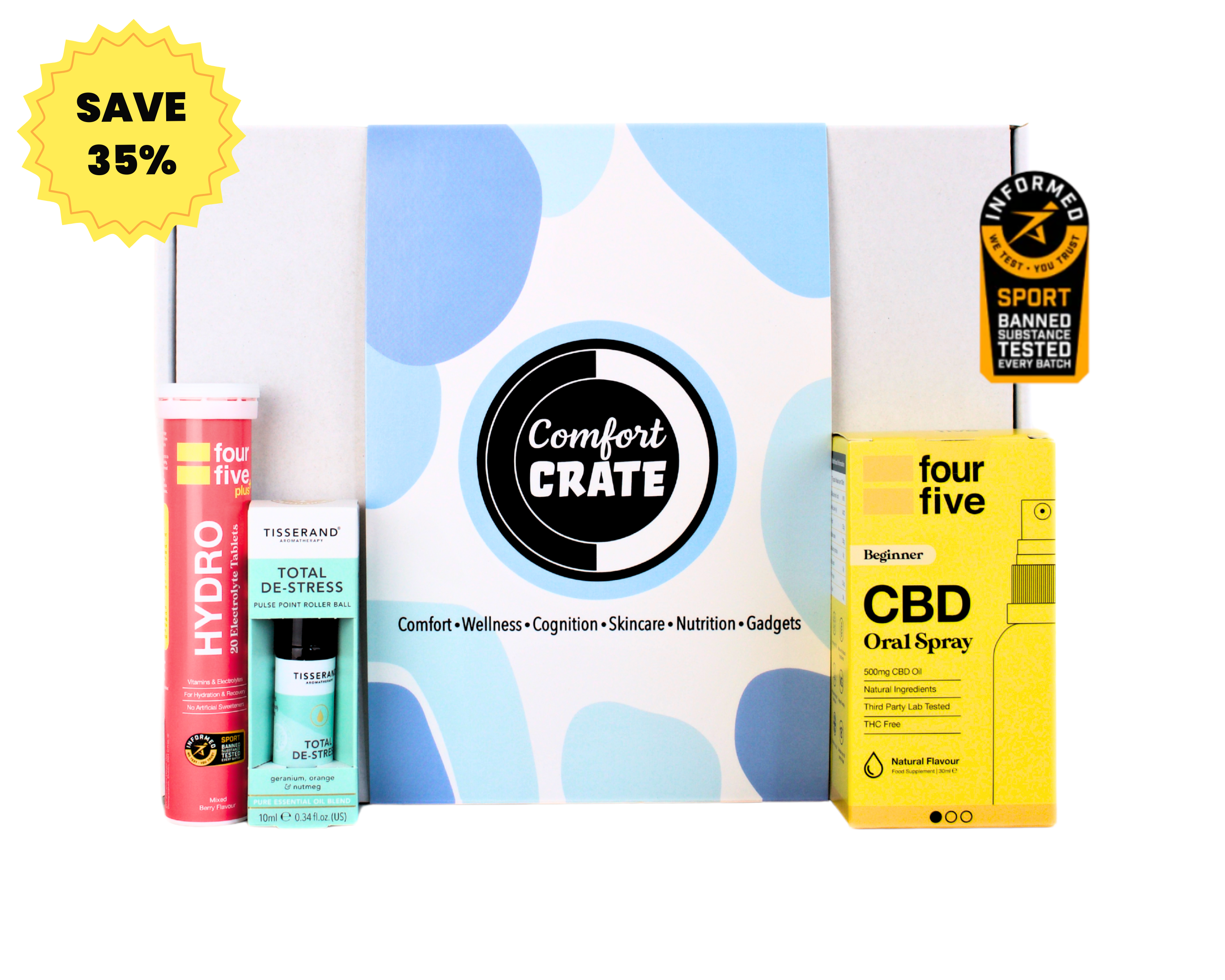
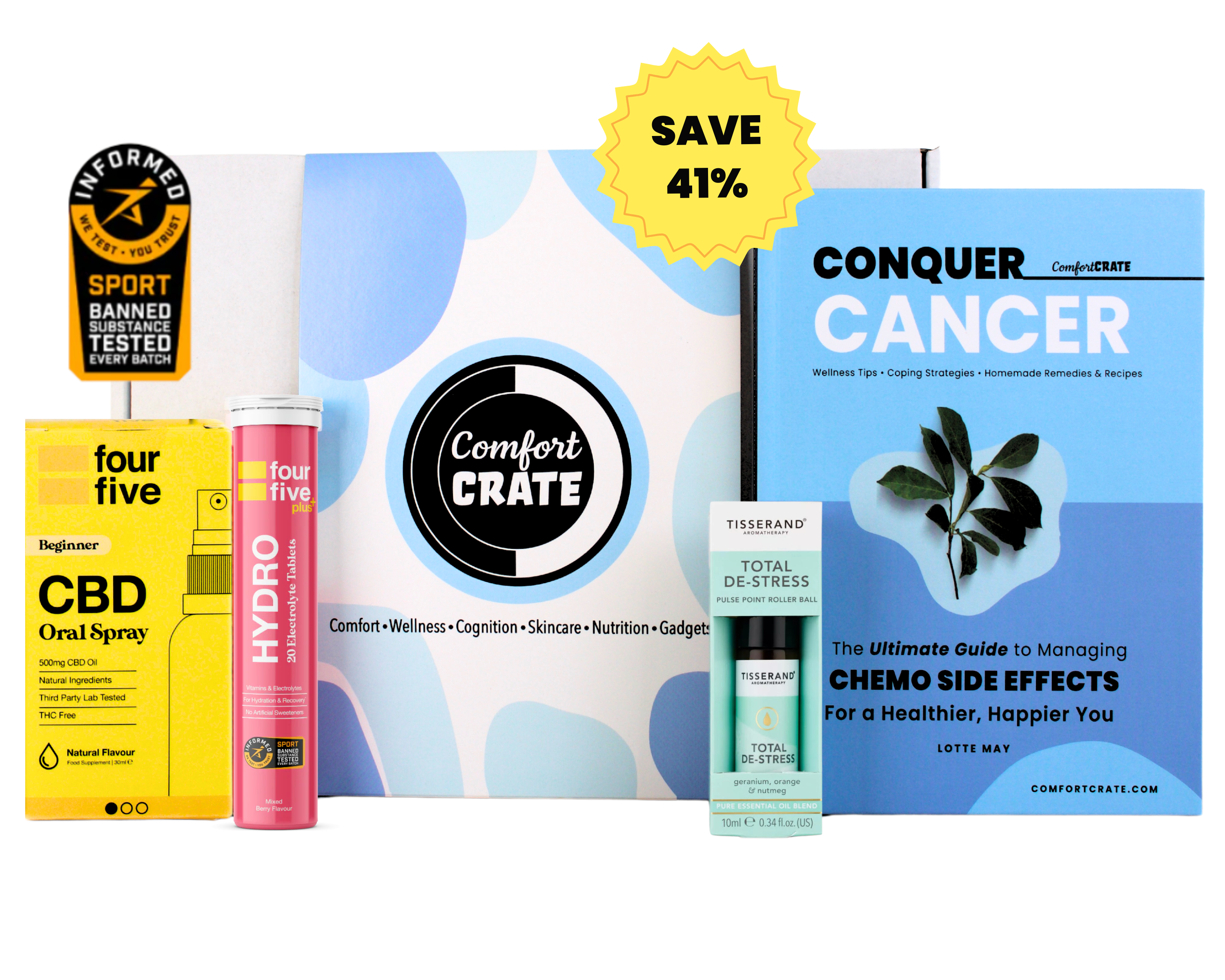

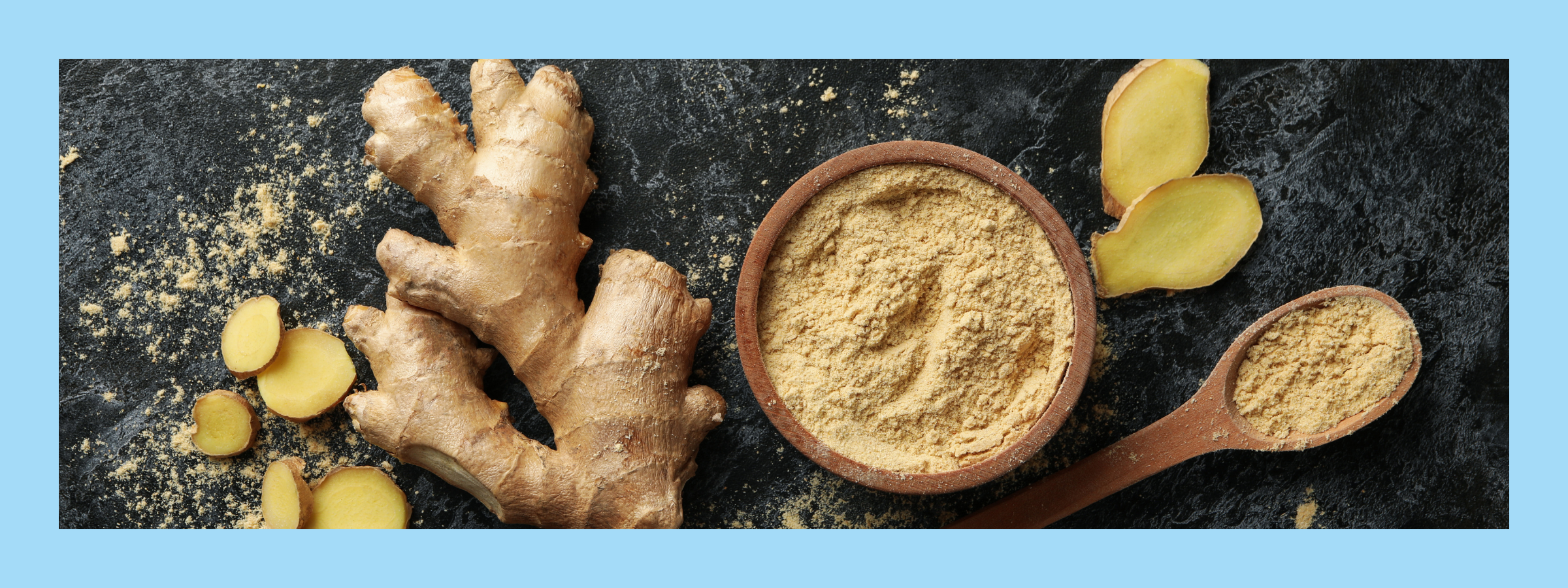
Leave a comment
This site is protected by hCaptcha and the hCaptcha Privacy Policy and Terms of Service apply.